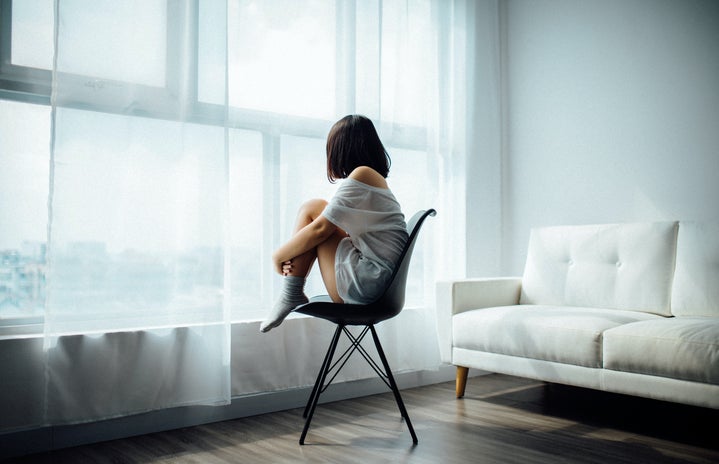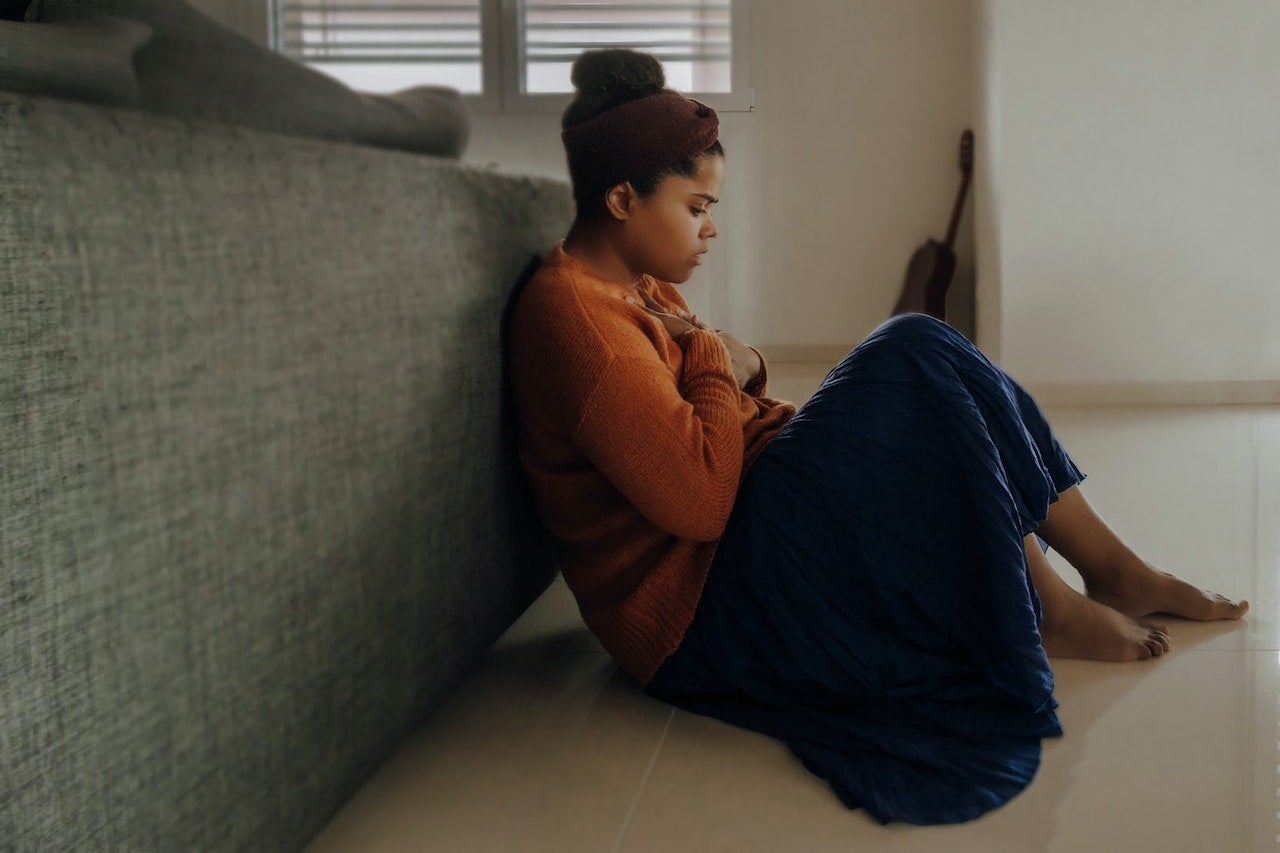Welcome to Winter 2023!
Suppose the weather changing and the days becoming shorter start to mess with your mood and energy levels. In that case, you may have Seasonal Affective Disorder (SAD)- a form of depression triggered by changes in daylight and weather that occur primarily in the fall and winter (Oreinstein & Pugle).
What Causes SAD?:
When it comes to SAD, it is commonly believed by experts that the winter months disrupt the body’s circadian rhythm, the 24-hour clock that regulates how we function during sleeping and waking hours, causing us to feel energized and alert sometimes and drowsy at other times.
Another theory is that the changing seasons disrupt hormones, such as serotonin and melatonin, which regulate sleep, mood, and feelings of well-being (Oreinstein & Pugle).
What are the symptoms of SAD?: An extensive list of symptoms can be found here.
- Persistent sad, anxious, or “empty” mood most of the day, nearly every day, for at least 2 weeks.
- Physical aches or pains, headaches, cramps, or digestive problems that do not have a clear physical cause and do not go away with treatment.
- Feelings of hopelessness and pessimism.
- Social withdrawal and increased sensitivity to rejection
- Weight fluctuations and changes in appetite.
- Decreased ability to focus; Decreased Sex Drive.
- Hypersomnia (Oversleeping).
Medical Aids for Seasonal Depression?: Consult a Doctor for Help!
- Exposure to sunlight. Spending time outside or near a window can help relieve symptoms.
- Light therapy. If increasing sunlight is not possible, exposure to a special light for a specific amount of time each day may help.
- Psychotherapy. Cognitive-behavioral or interpersonal therapy helps change the distorted views you may have of yourself and the environment around you. It can help you improve interpersonal relationship skills, and identifying things that cause you stress as well as how to manage them.
- Antidepressants. These prescription medicines can help correct the chemical imbalance that may lead to SAD.
Natural Ways to Deal with SAD:
- Try to get plenty of regular exercise and movement, aim for outdoor exercise for sunlight exposure! Read here for more information on Depression exercise.
- Make your work and home life as easy and airy as possible to avoid any further conflict or stress on yourself.
- Eat a healthy, balanced diet full of your favorite foods to fuel yourself.
- Vitamin D: Vitamin D is synthesized by the skin following exposure to sunlight and is believed to play a role in serotonin activity. Those with SAD have been found to produce less vitamin D, and its deficiency has been associated with clinically significant depressive symptoms (Barnett).
SAD is diagnosed four times more often in women than in men.
Chesnutt Health Systems
My Personal Tips & Tricks to Help for SAD:
- Find a new hobby or dive deep into an old hobby to relieve stress.
- Try cooking/baking a new dish to bring you joy!
- Try going to the gym, going for a walk, or participating in a sport.
- Invest in time with yourself and make sure to take things easy!



